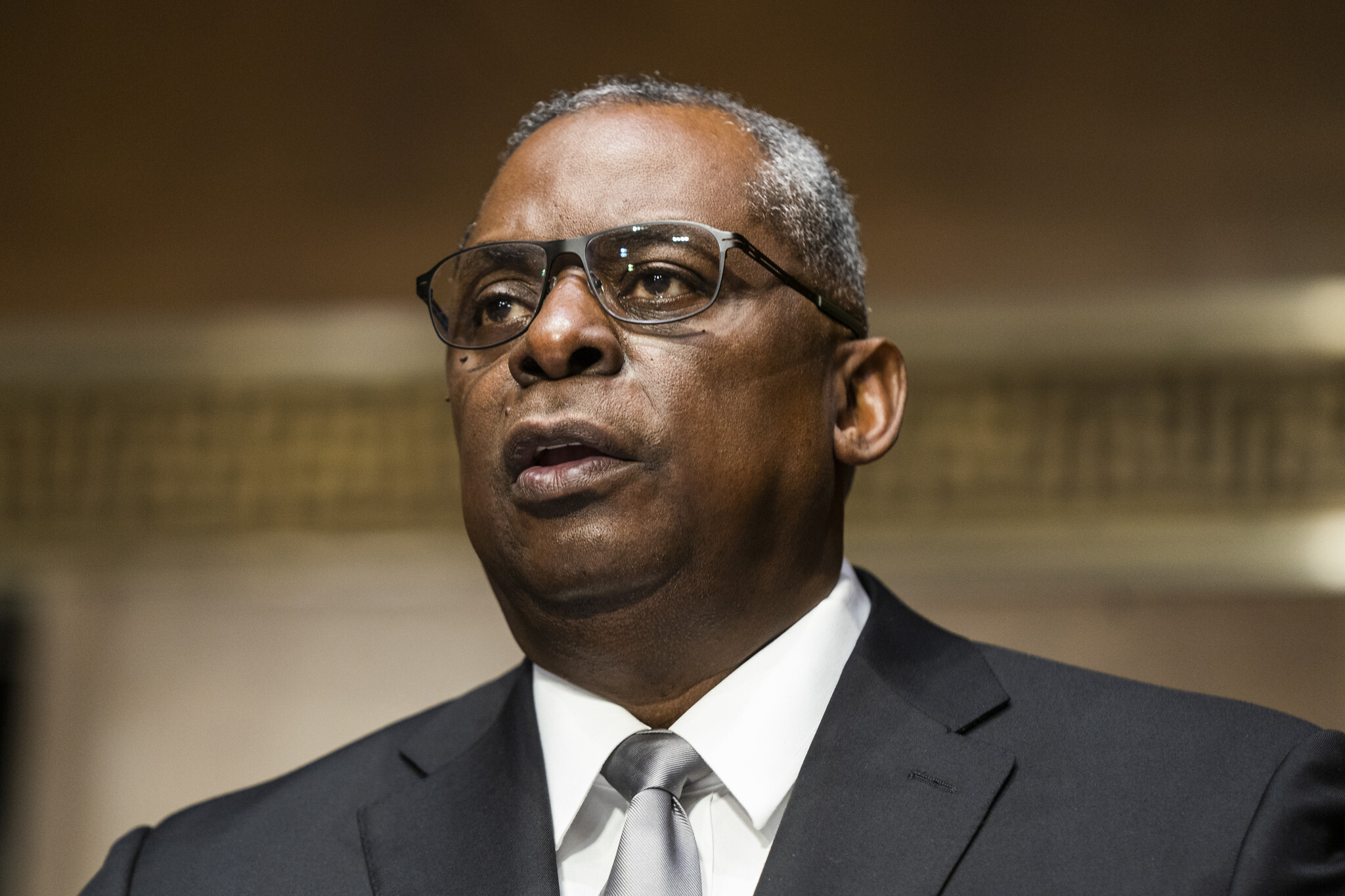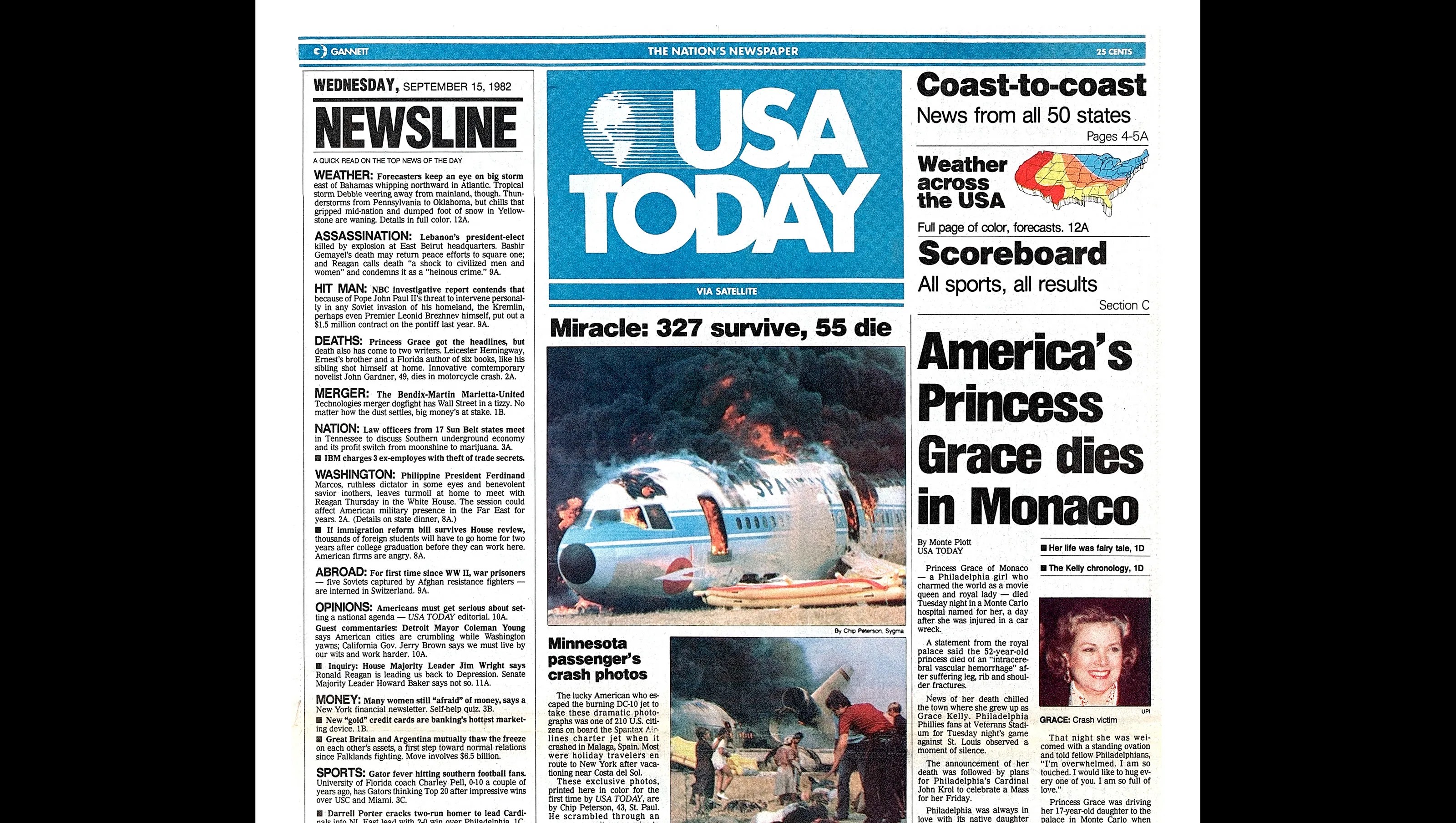American Minister's Latest Update On Ongoing Talks
American Minister Latest Update The Talks Today refers to the most recent public statements made by the American Minister regarding ongoing diplomatic discussions.
These updates provide valuable insights into the progress and challenges of international negotiations, helping to inform the public and shape public opinion. Historically, such updates have played a crucial role in shaping global events, providing a platform for nations to communicate their positions and resolve conflicts.
In this article, we will examine the latest updates from the American Minister, exploring their significance, implications, and potential outcomes for international relations.
American Minister Latest Update The Talks Today
The latest updates from the American Minister regarding ongoing diplomatic talks are of paramount importance as they provide insights into:
- Progress and Challenges: Assessing the advancements and obstacles in negotiations.
- Policy Positions: Understanding the stance and priorities of the American government.
- Diplomatic Strategies: Examining the tactics and approaches used by the American delegation.
- International Relations: Gauging the impact of the talks on global diplomacy and cooperation.
- Public Opinion: Analyzing public perceptions and reactions to the updates.
- Media Coverage: Evaluating the role of the media in shaping the narrative around the talks.
- Historical Context: Placing the talks within the broader context of diplomatic history.
- Future Prospects: Assessing the potential outcomes and implications of the talks.
These aspects collectively provide a comprehensive understanding of the American Minister's latest updates on the talks today, their significance, and their potential impact on international relations.
Progress and Challenges
Assessing progress and challenges is a critical component of the American Minister's latest updates on the talks today. By evaluating advancements and obstacles, the American Minister can provide a clear and informed perspective on the state of negotiations.
Real-life examples of progress and challenges in negotiations include:
- Advancing Common Ground: Identifying areas of agreement and building upon them to move negotiations forward.
- Overcoming Impasses: Addressing obstacles and finding creative solutions to unblock negotiations.
- Managing Differences: Recognizing and addressing divergent viewpoints to prevent gridlock.
- Building Trust: Establishing a foundation of trust and mutual respect between negotiating parties.
Understanding the progress and challenges in negotiations allows the American Minister to:
- Inform Policy Decisions: Make informed decisions based on a clear assessment of the negotiation landscape.
- Adjust Negotiation Strategies: Adapt strategies to address specific challenges and capitalize on opportunities.
- Communicate Effectively: Provide clear and accurate updates to the public and stakeholders.
Policy Positions
Within the context of "American Minister Latest Update The Talks Today," understanding the policy positions of the American government is crucial. These positions reflect the government's stance and priorities on specific issues under negotiation.
- Negotiation Objectives: Identifying the specific goals and outcomes sought by the American government in the negotiations.
- Core Principles: Outlining the fundamental values and principles that guide the American government's approach to the negotiations.
- Areas of Flexibility: Highlighting the aspects of the negotiations where the American government is willing to compromise or negotiate.
- Red Lines: Establishing boundaries or limits beyond which the American government will not negotiate.
Understanding these policy positions enables the American Minister to effectively represent the American government's interests, navigate complex negotiations, and communicate the government's stance to other parties and the public. Furthermore, it provides insights into the American government's strategic priorities, diplomatic goals, and overall foreign policy objectives.
Diplomatic Strategies
Within the context of "American Minister Latest Update The Talks Today," diplomatic strategies encompass the tactics and approaches employed by the American delegation to achieve their negotiation objectives. These strategies play a pivotal role in shaping the course and outcome of diplomatic discussions.
- Bilateral Diplomacy
Engaging in one-on-one discussions with specific countries to build relationships and address issues of mutual concern.
- Multilateral Diplomacy
Participating in negotiations involving multiple countries to address global challenges and foster cooperation.
- Coalition Building
Forming alliances with other countries to strengthen negotiating positions and influence outcomes.
- Shuttle Diplomacy
Traveling between different parties to facilitate communication and bridge gaps in negotiations.
Understanding these diplomatic strategies provides insights into the American delegation's negotiation tactics, their ability to adapt to different situations, and their overall diplomatic approach. These strategies contribute to the American Minister's updates by shedding light on the delegation's efforts to advance their policy positions and navigate the complexities of international negotiations.
International Relations
Within the context of "American Minister Latest Update The Talks Today," understanding the impact of the talks on global diplomacy and cooperation is a critical component. Diplomatic negotiations have the potential to shape international relations, influence global affairs, and impact the well-being of nations.
The American Minister's updates provide insights into the progress, challenges, and potential outcomes of the talks, allowing analysts to assess their impact on global diplomacy and cooperation. These updates shed light on the positions taken by different parties, the strategies employed, and the potential consequences for international relations.
Real-life examples of the impact of talks on global diplomacy and cooperation include the negotiation of peace treaties, the establishment of international organizations, and the resolution of international conflicts. The American Minister's updates on these talks provide valuable information for understanding how diplomatic negotiations can shape the course of international relations.
Understanding the impact of the talks on global diplomacy and cooperation enables policymakers, analysts, and the public to make informed judgments about the potential outcomes of negotiations. It also contributes to a broader understanding of the role of diplomacy in maintaining peace, promoting cooperation, and addressing global challenges.
Public Opinion
Public opinion plays a critical role in shaping and being shaped by "American Minister Latest Update The Talks Today." The American Minister's updates on the talks provide insights into the progress, challenges, and potential outcomes of diplomatic negotiations, which in turn can influence public perceptions and reactions.
Real-life examples of the connection between public opinion and diplomatic negotiations abound. In the context of the Iran nuclear deal negotiations, public opinion polls showed that a majority of Americans supported the agreement. This public support put pressure on policymakers to pursue the deal and contributed to its eventual success. Conversely, public opposition to the Vietnam War influenced the U.S. government's decision to withdraw its troops.
Understanding public opinion is a critical component of the American Minister's latest updates on the talks today. By gauging public perceptions and reactions, the Minister can better understand the domestic landscape and tailor their messaging and strategies accordingly. This understanding also informs the broader diplomatic process, as it provides insights into the potential domestic and international implications of different negotiation outcomes.
In conclusion, "Public Opinion: Analyzing public perceptions and reactions to the updates" is a crucial aspect of "American Minister Latest Update The Talks Today." By understanding public opinion, the American Minister can effectively engage with the public, shape perceptions, and navigate the complex dynamics of diplomatic negotiations.
Media Coverage
Within the context of "American Minister Latest Update The Talks Today," media coverage plays a critical role in shaping the narrative and public perception of diplomatic negotiations. The American Minister's updates provide insights into the progress, challenges, and potential outcomes of the talks, and the media serves as a conduit for this information to reach the public.
- Reporting on Developments
The media reports on the latest updates, providing the public with factual information about the talks. This includes reporting on statements from the American Minister, press conferences, and official announcements.
- Analysis and Commentary
Media outlets analyze and provide commentary on the talks, offering interpretations and insights to help the public understand the significance and implications of the negotiations.
- Public Discourse
Media coverage facilitates public discourse by providing a platform for experts, analysts, and the public to share their views and opinions on the talks.
- Agenda-Setting
The media can influence the public agenda by highlighting certain aspects of the talks and framing the issues in a particular way. This can shape public opinion and influence the course of the negotiations.
In conclusion, media coverage plays a multifaceted role in "American Minister Latest Update The Talks Today." It informs the public, provides analysis and commentary, facilitates public discourse, and influences the agenda-setting process. Understanding the role of the media is crucial for evaluating the impact of "American Minister Latest Update The Talks Today" and for fostering a well-informed public dialogue on diplomatic negotiations.
Historical Context
Understanding the historical context of diplomatic negotiations is crucial within "American Minister Latest Update The Talks Today." The historical context provides a foundation for analyzing the current talks, understanding their significance, and anticipating potential outcomes.
Historical context helps identify patterns, precedents, and lessons learned from past negotiations. By examining historical successes and failures, the American Minister can draw insights to inform their current strategies and approaches. For example, studying the history of nuclear arms negotiations can provide valuable lessons for contemporary talks on nuclear non-proliferation.
Moreover, historical context helps assess the long-term implications of the current talks. By placing them within the broader trajectory of diplomatic efforts, the American Minister can evaluate their potential impact on international relations and global stability. This understanding is essential for making informed decisions that align with long-term national interests and global objectives.
In conclusion, "Historical Context: Placing the talks within the broader context of diplomatic history" is a critical component of "American Minister Latest Update The Talks Today." It provides a deeper understanding of the negotiations, their significance, and potential implications. By examining historical precedents and lessons learned, the American Minister can enhance their strategies, anticipate challenges, and contribute to more effective and enduring diplomatic outcomes.
Future Prospects
As part of "American Minister Latest Update The Talks Today," assessing future prospects is crucial. Potential outcomes and implications of the talks hold significant influence on diplomatic strategies, policy decisions, and global affairs.
The American Minister's updates provide insights into the possible trajectories and consequences of ongoing negotiations. By analyzing these prospects, the Minister can anticipate challenges, prepare contingencies, and identify opportunities for further diplomatic engagement.
Real-life examples abound. In the context of the Iran nuclear deal negotiations, assessing future prospects helped policymakers gauge the potential impact on regional stability, nuclear proliferation, and US-Iran relations. This assessment shaped diplomatic strategies and contributed to the eventual agreement.
Understanding future prospects enables informed decision-making, strategic planning, and effective communication with stakeholders. It allows the American Minister to proactively address potential outcomes, mitigate risks, and maximize the benefits of diplomatic negotiations.
In conclusion, "American Minister Latest Update The Talks Today" provides valuable insights into the intricacies of international diplomacy. The American Minister's updates offer a window into the progress, challenges, and potential outcomes of ongoing negotiations. By examining policy positions, diplomatic strategies, and historical context, we gain a deeper understanding of the complexities involved in resolving global issues.
Three key takeaways emerge: firstly, diplomatic negotiations require careful consideration of both and international factors. Secondly, the media plays a crucial role in shaping public opinion and influencing the course of talks. Thirdly, assessing future prospects is essential for informed decision-making and strategic planning. These interconnected elements highlight the multifaceted nature of diplomatic negotiations and their profound impact on global affairs.
Tyla's Body Goals: How To Serve Confidence On Every Occasion
The Ultimate Guide To The Financial Triumph Of A Rap Queen
R2 Billion Parliament Fire: Impact, Investigation, And Reconstruction



ncG1vNJzZmirpZiwpr%2BPamWapaNoe6W1xqKrmqSfmLKiutKpmJydo2OwsLmOmqSeqpmYrq95zKKloqukmr9uuMCtnKysXaq9pa3TnmStoJViwaK4yqxkraeUlsZvtNOmow%3D%3D